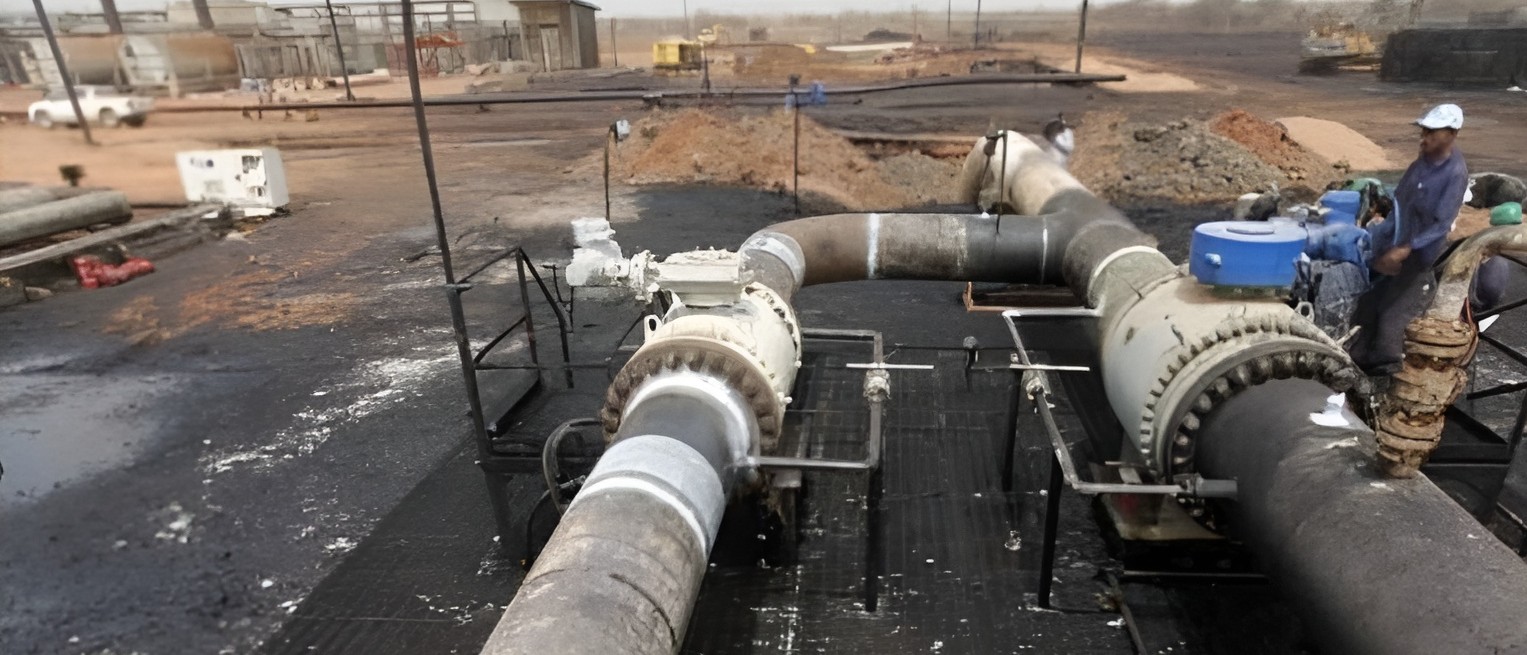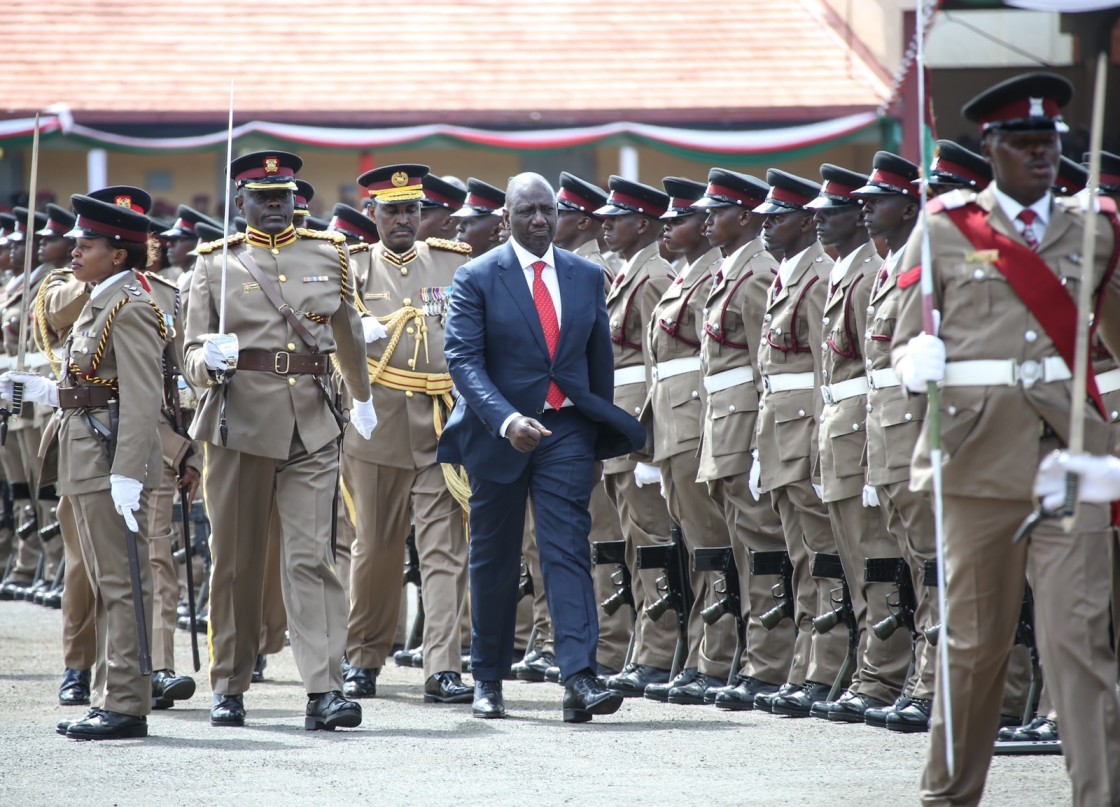Rally driver Assad Khan was unconscious after alleged assault by Maxine Wahome, court told

The doctor said several tests were performed before treatment began to determine the cause of Khan’s recurring loss of consciousness.
Former Safari Rally champion Assad Khan was unconscious and in shock when he was rushed to the Nairobi Hospital before his death in December 2022, a doctor told the High Court on Tuesday.
Khan passed on at Avenue Hospital after he was allegedly assaulted by his girlfriend, rally driver Maxine Wahome.
Testifying before Justice Lilian Mutende during the resumed hearing of the murder trial against Wahome, Dr David Abaya said Khan arrived at the hospital in critical condition, bleeding heavily from a leg injury and gasping for breath.
“Immediately Assad was wheeled into the hospital, he was taken to the emergency room. Urgent medical procedures were undertaken before medication could be administered,” Abaya told the court.
He testified that although he was not among the doctors who attended to Khan directly, he relied on medical notes retrieved from Nairobi Hospital’s treatment records. The patient, recorded as Assad Mansur Khan, born on January 31, 1975, was listed as patient number 1000683811.
Tests done
The doctor said several tests were performed before treatment began to determine the cause of Khan’s recurring loss of consciousness. These included tests for blood alcohol levels, liver and kidney function.
A drug abuse test had also been ordered, but it was not conducted.
“The drug abuse test was not done because there was no urine. We had put a catheter in to drain urine,” Abaya explained.
He revealed that Khan’s blood alcohol level was recorded at 203 milligrams per decilitre (mg/dl), a dangerously high figure.
“The alcohol content in a normal person is zero unless one has taken beer,” he noted.
He added that the high alcohol level was depressing Khan’s central nervous system.
“Several tests were done to establish the cause of his moving from consciousness to unconsciousness while still at the hospital,” he recalled.
The court heard that Khan’s family requested his transfer to Avenue Hospital, telling doctors he had been assaulted by a female friend known to him.
Nairobi Hospital issued a referral letter, and Khan was moved to Avenue Hospital, where he remained in the intensive care unit for six days.
Abaya dismissed suggestions that Khan had developed septicemia at Nairobi Hospital, saying the infection that eventually led to his death on December 18, 2022, had not originated there.
He explained that Khan had been intubated and sedated with ketamine to manage severe agitation caused by pain from his lower limb injury.
Reduced blood levels
The bleeding from the injury, he said, had significantly reduced Khan’s blood levels, necessitating a transfusion.
During cross-examination, Senior Counsel Philip Murgor, defending Wahome alongside Steve Kimathi, questioned the doctor about Khan’s transfer. He suggested that the move was necessitated by a Sh600,000 deposit demand and requests for blood donations from relatives.
But Abaya denied the claim.
“At Nairobi Hospital, we do not demand blood from relatives first. We save lives first,” he said.
Murgor also raised questions about toxicology reports from government analysts that indicated traces of ketamine in Khan’s system. Abaya clarified that the drug had been administered at the hospital to calm the patient due to pain.
He noted that samples were also collected from Khan’s Kileleshwa residence and analysed separately.
Pressed further by Kimathi, the doctor said Khan’s leg injury had been caused by a sharp object. This aligned with earlier testimony from a witness who said Khan injured himself after kicking a glass door pane with his bare foot during a domestic dispute. The witness claimed Wahome had locked herself on the balcony to escape Khan’s alleged aggression.
Maxine Wahome, who is out on bond, has denied murdering Khan, her former boyfriend, on the night of December 12, 2022.
The hearing continues.
Top Stories Today













































